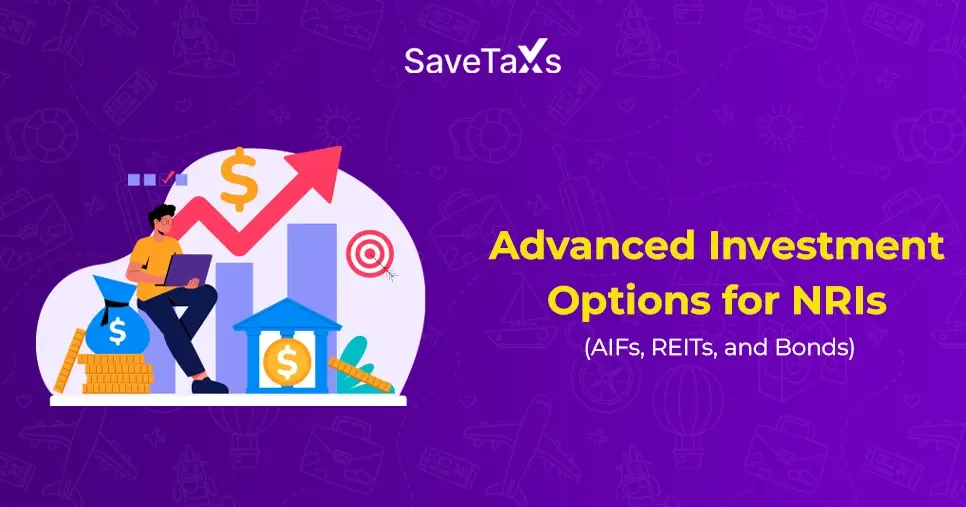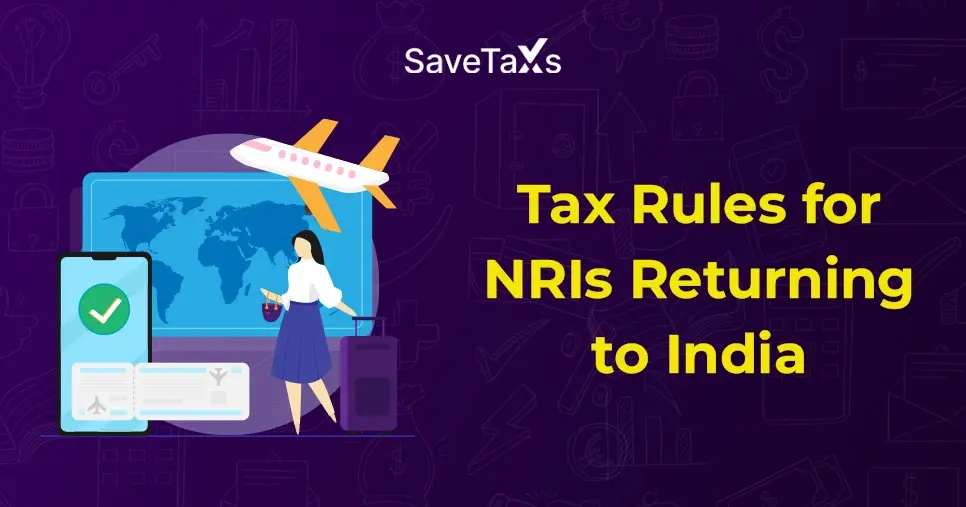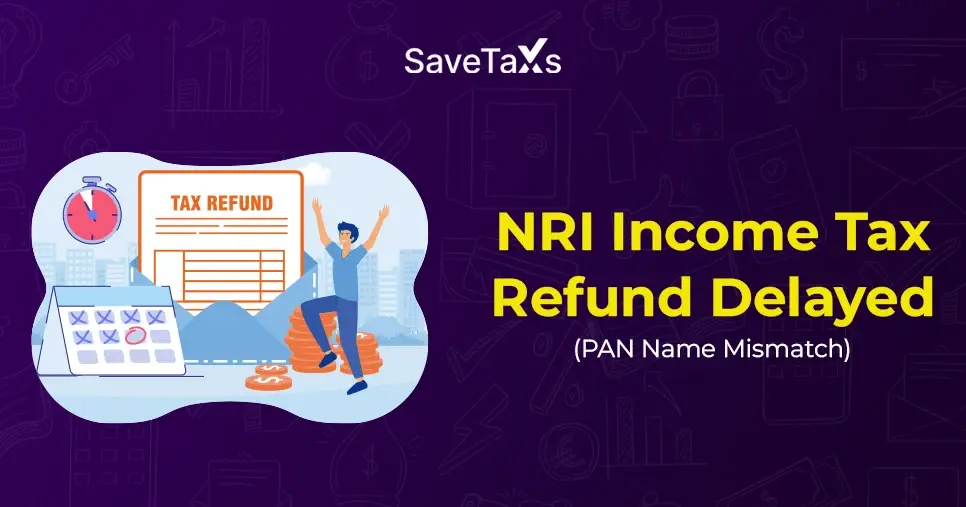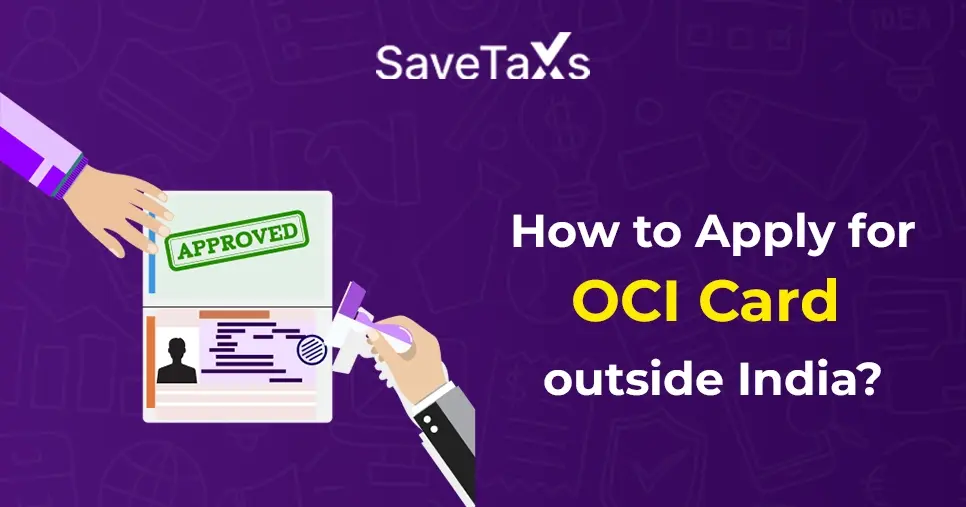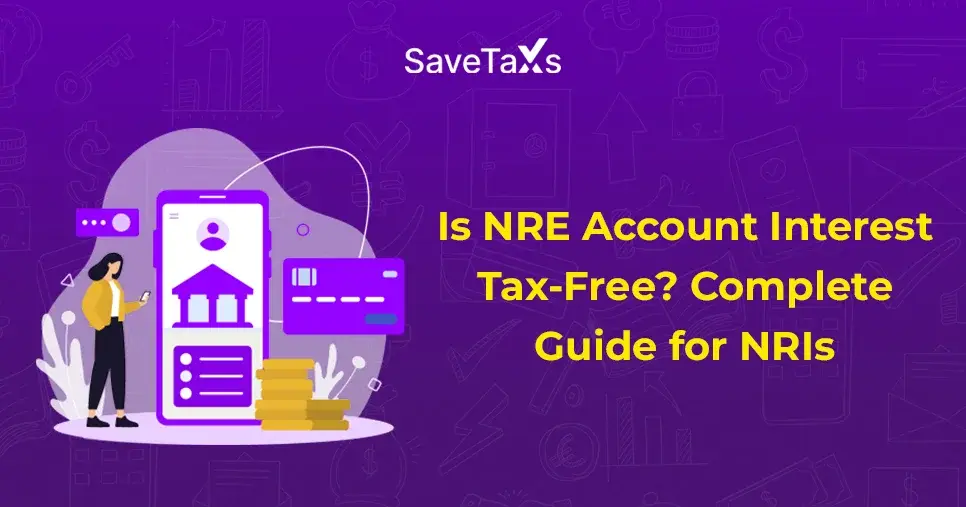India and Hong Kong have signed a DTAA (Double Tax Avoidance Agreement) to prevent a taxpayer from paying taxes twice in both nations. This tax treaty applies to those individuals who are residents of either or both of the countries. The DTAA agreement ensures that taxes are being effectively paid in only one country, as the taxpayer gets the option to claim the taxes paid in one country as a credit in another country. It helps prevent unjust tax systems and continues strong trade relations between the two nations. This blog will provide you with a detailed idea about the DTAA between India and Hong Kong, helping you know and determine the ways to avoid getting taxed twice.
DTAA Between India and Hong Kong
The DTAA (Double Tax Avoidance Agreement) tax treaty applies to residents of either or both of the two contracting states, i.e, India and Hong Kong. Under the terms of the DTAA agreement, an Indian resident earning income may be subject to taxation in the Hong Kong Special Administrative Region, and India can deduct a tax amount equivalent to the tax payable to the former from the resident's income. Alternatively, when a Hong Kong resident has an Indian income source, the Hong Kong Special Administrative Region shall deduct tax at the rates that apply to the latter.
According to the DTAA between India and Hong Kong, if an individual is a resident in both countries, the individual's residential status will be considered as per the following:
- Habitual Abode
- Right of Nationality
- Centre of Vital Interests
- Availability of Permanent Home
- Process of Mutual Agreement Procedure (MAP).
Furthermore, the DTAA convention gives different investors from India and Hong Kong the option to receive various tax benefits and enhance commercial relations. Investors from India are attracted to Hong Kong for trade due to their low tax regime. Hence, the tax treaty is essential for both nations to prevent double taxation on the same income.
What is the Importance of the India-Hong Kong DTAA?
The DTAA between India and Hong Kong was signed on the 19th of March, 2018. However, it came into existence on the 30th of November, 2018, after completing all the required procedures. The following are the key advantages of the DTAA between India and Hong Kong available for both nations:
- DTAA helps make the flow of investment active as double tax payments are avoided for investors.
- Various types of exemptions and tax credits are provided to the taxpayers and investors of both nations.
- It enhances transparency on taxation, therefore helping to control tax avoidance and evasion by individuals as well as businesses.
- The flow of personnel and technology from India to Hong Kong and vice versa helps in gaining and enhancing the economic growth of both countries.
- The rule of avoiding double taxation and the information exchange helps in alleviating any economic issues that arise between the two nations.
Taxes Covered Under DTAA
As per Article 2, the DTAA between India and Hong Kong describes the various types of taxes covered by both nations, which are as follows:
- This agreement is applicable to taxes on income imposed on behalf of the contracting party, its local authority, or political subdivisions, regardless of how it gets charged.
- The DTAA convention treaty applies to the following existing taxes:
- For Hong Kong, the taxes included are property tax, profits tax, and salary tax.
- For India, the tax determined is income tax, including surcharges.
- This tax treaty also applies to any similar or identical taxes enforced after signing the agreement, either in addition to or in place of the present taxes, and any other taxes falling in the above paragraph that a contracting party may impose in the future. The competent authorities of the contracting party are responsible for informing each other of any significant changes to their respective tax laws.
- Any present tax and tax enforced after signing the agreement are referred to as the "Hong Kong Special Administrative Region tax" or " Indian tax", based on the context. However, according to the laws of the contracting party, the terms "Hong Kong Special Administrative Region tax" or "Indian tax" will not enforce any interest, fine, or penalty.
Tax Rates for India-Hong Kong DTAA
The applicable tax rates as per the India-Hong Kong DTAA are as follows:
- Dividend: 5%
- Royalty: 10%
- Fees for technical service: 10%
- Interest: 10%**.
**Note: Interest earned by the government and some specified organisations, including the Reserve Bank of India, is not subject to taxation in the nation of origin.
Capital Gains Taxation Under the DTAA
Article 14 of the India-Hong Kong DTAA (Double Tax Avoidance Agreement) deals with the taxation policies that apply to capital gains, which are stated below:
- A resident of one contracting party recieveing gains from the transfer of an immovable property and situating it in the other contracting party might be subject to taxation in the other contracting party.
- Capital gains earned from the sale of aircraft or ships operated at the international level or any movable property as per the operations of such aircraft or ships must only be taxed in the contracting party of the seller's residence.
- Gains received from the sale of shares in a corporation based in a contracting party can be taxed in that party.
- A contracting party resident acquiring gains from transferring the company shares and receiving more than 50% of the asset value either indirectly or directly from immovable property situated in the other contracting party may be subject to taxation in the other party.
- The article's advantage will not be available if the actual aim or one of the main purposes of any person involved in the transfer of property from which the capital gains are received is to take advantage of this article through such transfer.
To Conclude
The DTAA tax treaty between India and Hong Kong is significant for both nations to avoid double taxation, helping investors and individuals to avoid paying taxes twice on the same income. The agreement will remain in effect forever until either nation terminates it.
If your income has already been taxed in one country, you have the option to easily claim tax credits and exemptions in the other country. Adhering to the guidelines of the India-Hong Kong DTAA will help you save a significant amount of taxes, regardless of the contracting party from which your income is received.
Understanding the complexities of the DTAA can help you avoid paying taxes twice on the same income in two different nations. Here is when Savetaxs comes to your rescue. We have been helping individuals for several decades now, and our satisfied client base explains the quality of services we offer. Contact us today, and we will help you navigate all the tax complexities and help you enjoy the DTAA benefits with confidence.
Note: This guide is for informational purposes only. The views expressed in this guide are personal and do not constitute the views of Savetaxs. Savetaxs or the author will not be responsible for any direct or indirect loss incurred by the reader for taking any decision based on the information or the contents. It is advisable to consult with either a Chartered Accountant (CA) or a professional Company Secretary (CS) from the Savetaxs team, as they are familiar with the current regulations and help you make accurate decisions and maintain accuracy throughout the whole process.

Mr Shaw brings 8 years of experience in auditing and taxation. He has a deep understanding of disciplinary regulations and delivers comprehensive auditing services to businesses and individuals. From financial auditing to tax planning, risk assessment, and financial reporting. Mr Shaw's expertise is impeccable.
- Form ITR-V: How to Download Your ITR-V from the Income Tax Portal?
- Tax on Dividend Income: Do I Need to Pay Tax on Dividend Income?
- Section 80CCD Of Income Tax Act: NRIs Tax Savings Guide
- Double Tax Avoidance Agreement (DTAA) Between India and Netherlands
- Penalty for Late Filing of Income Tax Return for NRIs
- What is the Double Tax Avoidance Agreement (DTAA) Between India and Singapore?
- Double Tax Avoidance Agreement (DTAA) Between India and Canada
- A Comprehensive Guide on the DTAA between India and the USA?
- Double Tax Avoidance Agreement (DTAA) Between India and China
- Double Tax Avoidance Agreement (DTAA) Between India and UK
- What is Double Taxation Avoidance Agreement (DTAA)? How NRIs can Claim Benefits Under DTAA
Want to read more? Explore Blogs
Frequently Asked Questions
No matter what your source of income is, we've got you covered. There’s a plan for everybody!
The withholding tax rates under the DTAA are as follows:
- Interest: 10%
- Royalties and Technical Fees: 10%
- Dividends: 5% (with no ownership requirement)
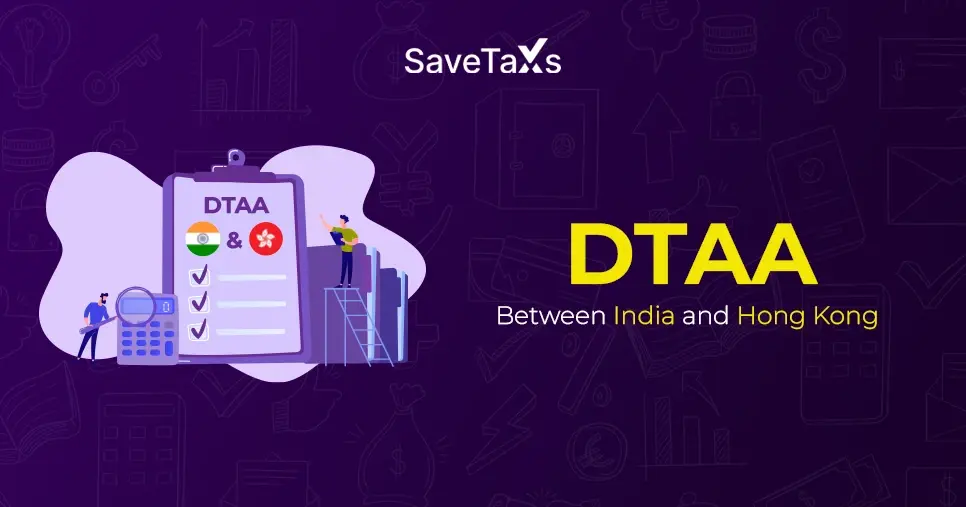
_1766396437.webp)
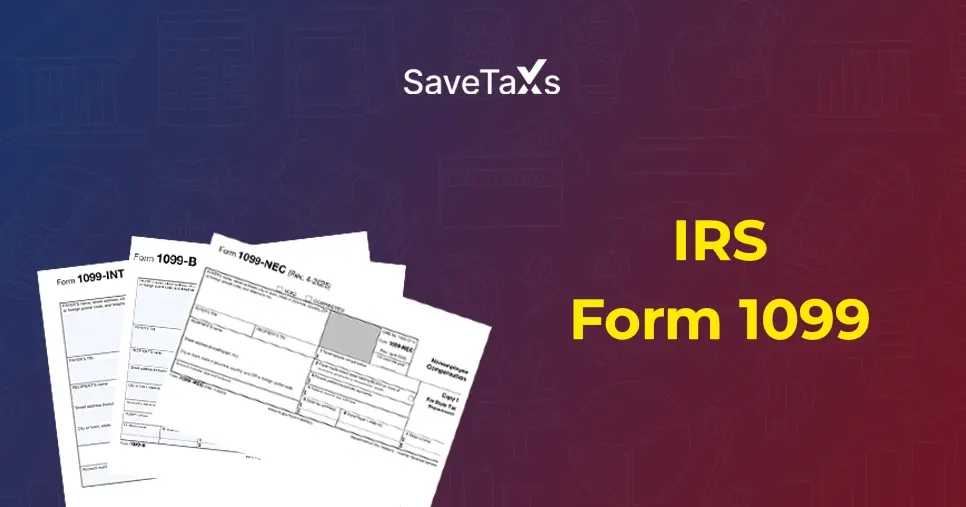
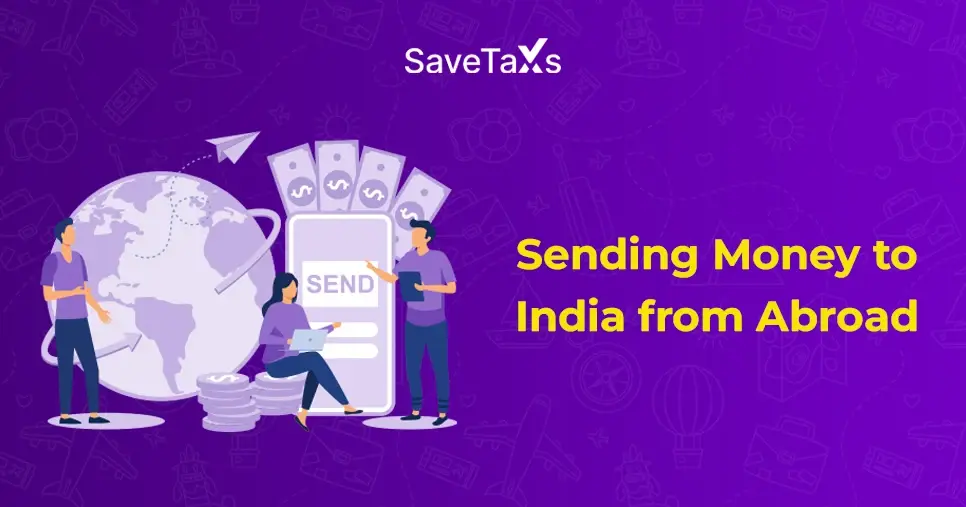
_1756729655.webp)
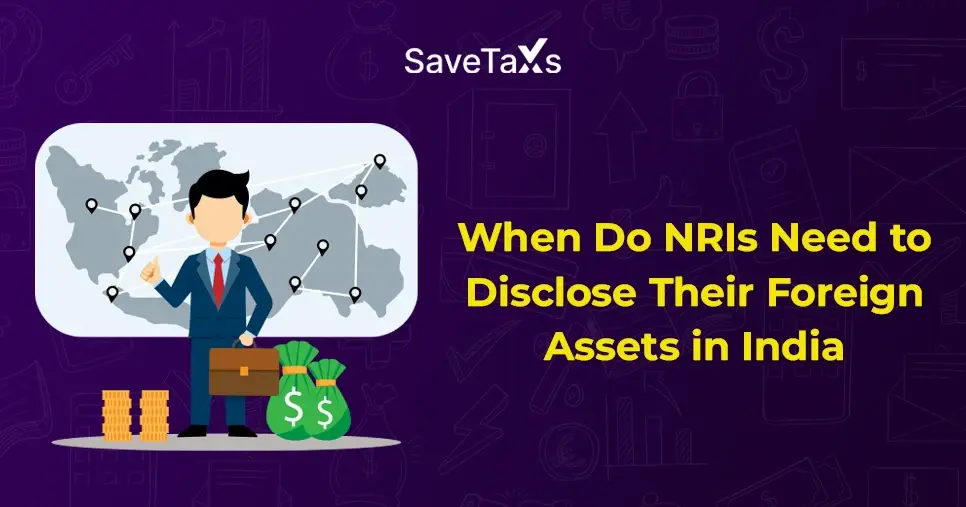
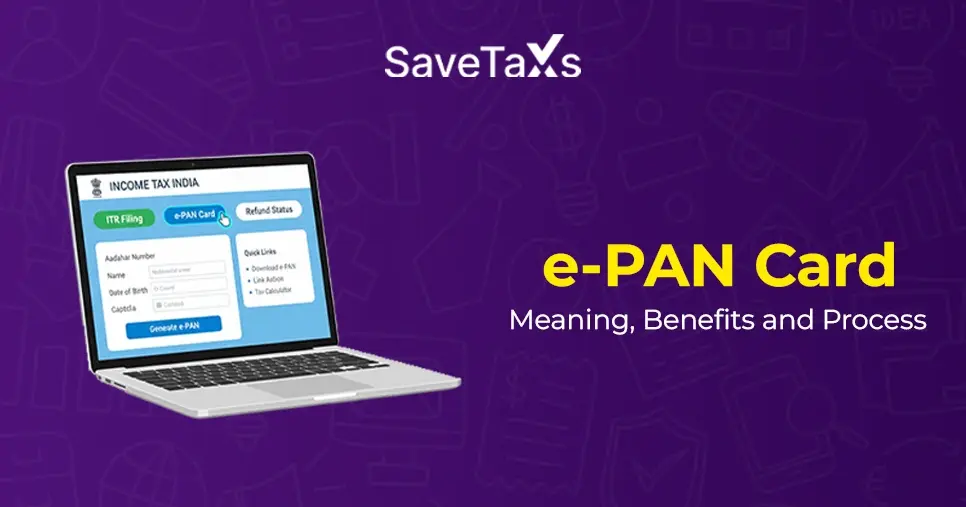
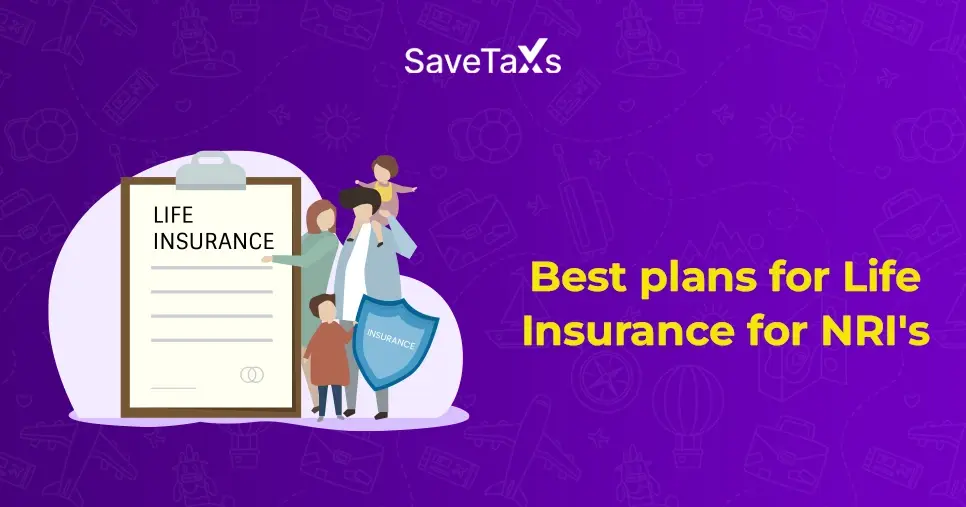
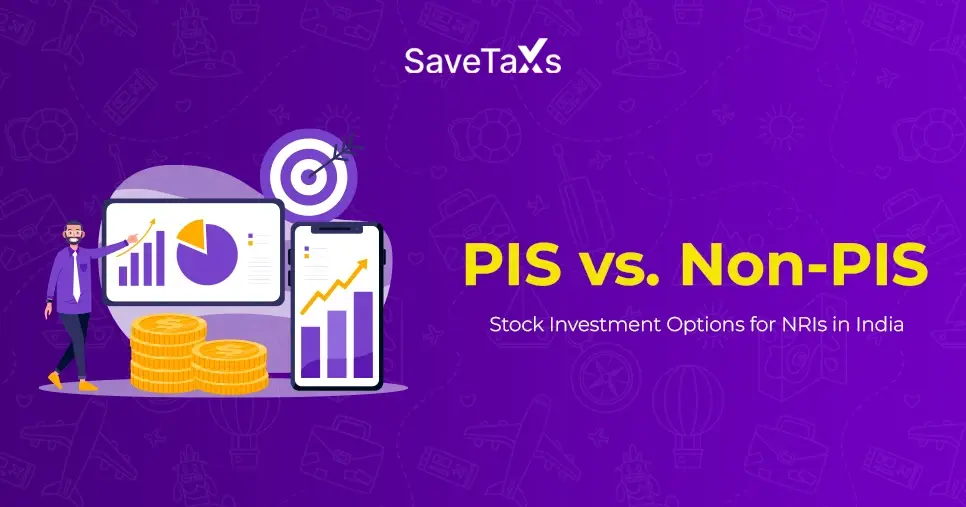
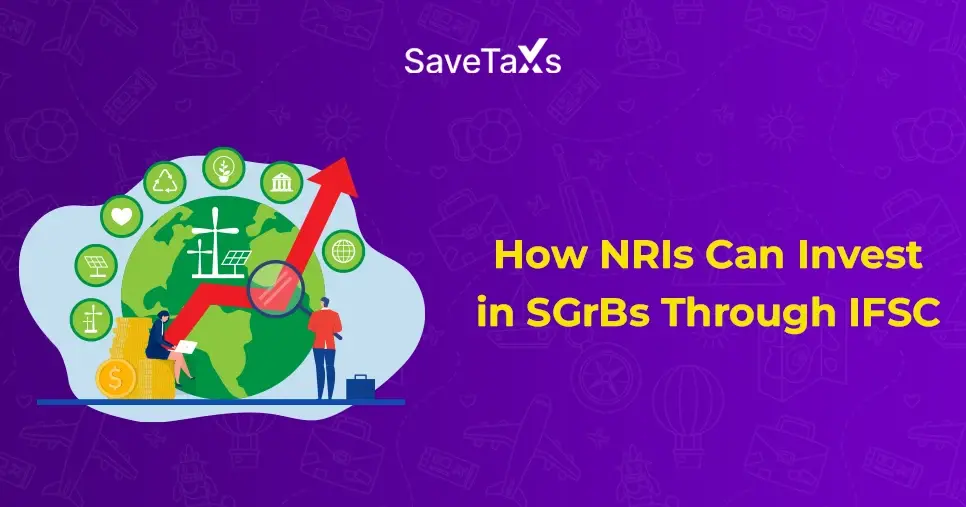
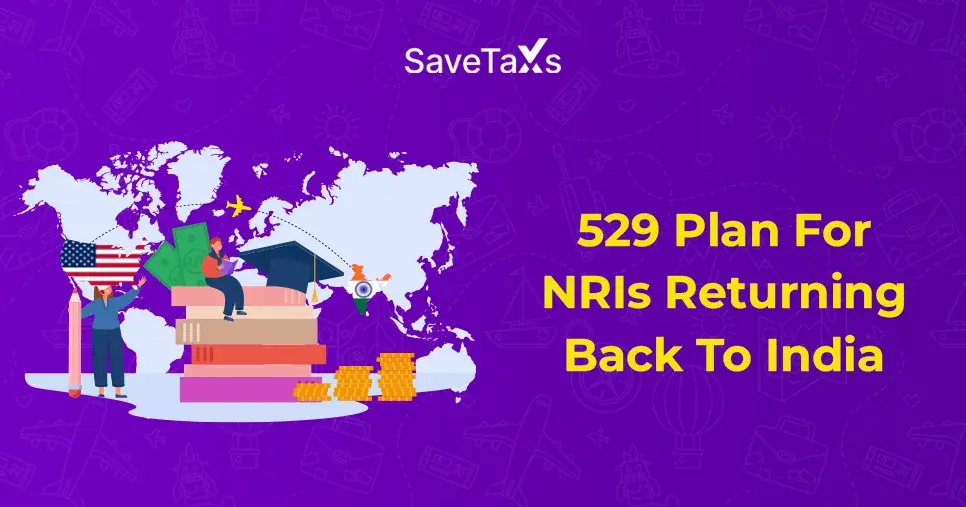
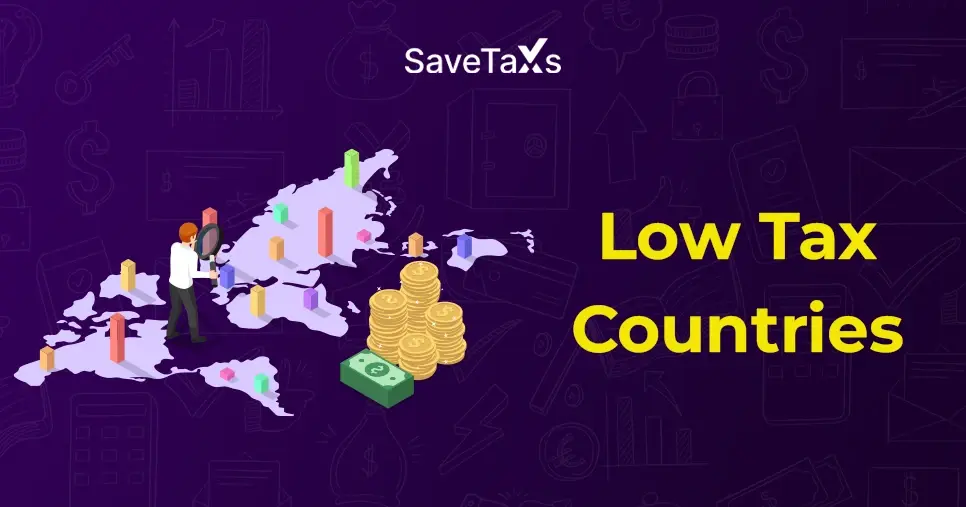
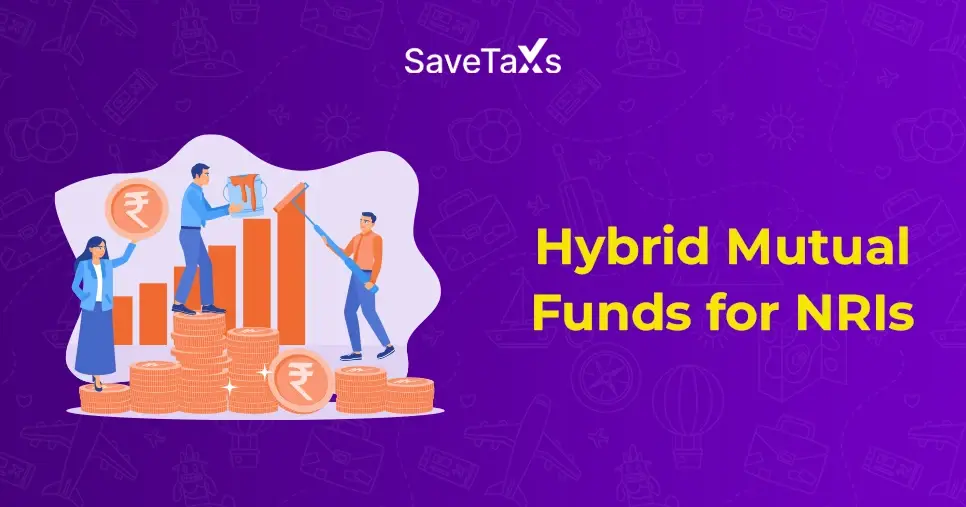
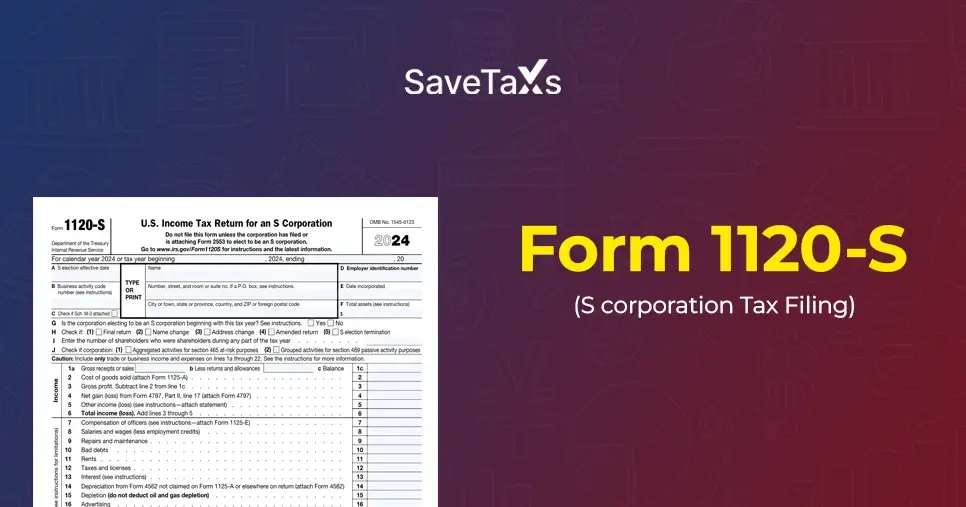
_1767170479.png)
_1764137986.webp)
